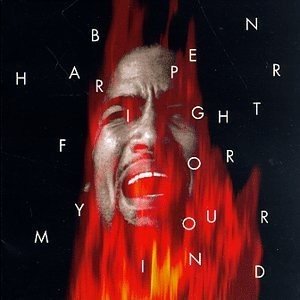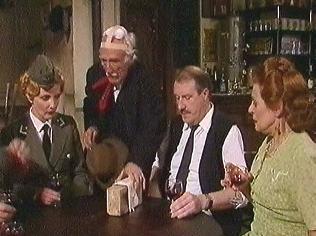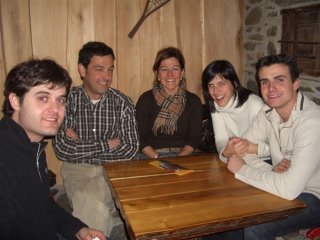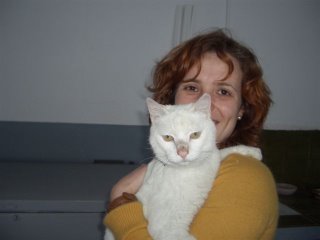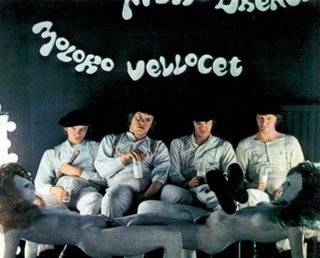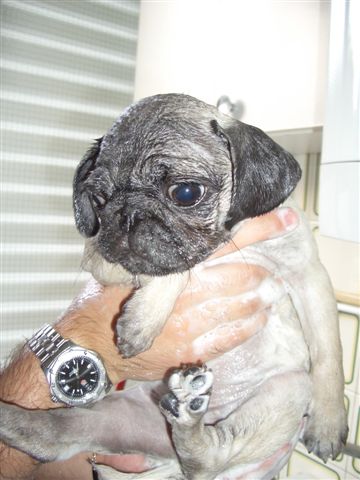Absurdity, Awareness of One’s Own
What absurdities did you commit today? If you know the answer, you are probably wrong. Absurdities are like assumptions: they are the things we do not know we are making. But we can be as certain as death and taxes that we are committing absurdities and making assumptions.
You don’t believe it? Imagine a Martian anthropologist: a little green man comes down to Earth and (unseen) observes you throughout the day. When you go to bed, he goes back to Mars.
‘How was it?’ they say.
‘Well,’ he says, ‘you’re not going to believe this, but – don’t laugh – the person I was watching really, actually, and with a perfectly serious demeanour . . .’And then he tells them what you did. And it was indeed absurd. And we have no way of telling what it is.
To lose the sense of our own fundamental absurdity is a serious error. It might be argued – it might have been argued nearly 2,500 years ago, in the second (and lost) book of Aristotle’s Poetics – that comedy exists to remind us of our absurdity, in much the same way that the slave would whisper in the victor’s ear, as he rode in triumph through Rome, ‘Remember you are only mortal’. Which we might say is a concealed description, not of what they want to sell, but of what we’re really buying . . . Why are they always little? Why are they always green? And why (when it’s the one thing that, whatever else they are, they aren’t) are they always men? An assumption, and an absurd one. It might, too, be argued that when we still had no option but to believe in GOD (or at least THE GODS), we also had no option but to believe in our own relative insignificance; in the face of which, our tremendous, earnest, grim-faced preoccupations with our worldly lives became clearly absurd. Now we have options. The best of those options is to believe that we are here by happenstance, by a glorious and glamorous accident. No need to feel little; no need either, it seems, to feel astonishingly lucky that all the odds lined up in our favour and here we are. Instead, we seem to be feeling more and more earnest and self-absorbed. Everyone wants their rights to be respected. Everyone wants to be a celebrity. People find things ‘offensive’: a depressingly infantile response, being not a judgement but a whine. Now comedy is itself penned increasingly into a cramped corral where it cowers behind neutral language, terrified of giving offence to the men who control the money, who are in turn terrified of giving offence to those who pay the money. The cry is for ‘responsible’ comedy, as foolish a concept as ‘safe’ sex. Even cartoons are not immune: The Simpsons has been attacked by the Fat Police who have counted – counted – Homer’s doughnut intake, and want it cut down and replaced by – mmmm! – raw carrot snacks and healthy Lo-Cal yogurt.
And so, assailed by such absurdities, we have lost sight of our own. But the fate which awaits us is grim. Those who coldly condemn everyone else’s absurdities while clinging to the notion of their own seriousness are destined to become politicians. (While those who do the opposite are fated to be satirists. Which, one might wonder, is the more absurd?) ‘Virus-unfriendly’ sex might be tolerable, but safe sex? As absurd as the tabloids’ ‘Sex Romps’. Has anyone ever had a ‘sex romp’ – presumably where everyone bounces on the bed a lot, and makes little witticisms, and remains good chums afterwards with no recriminations?
From
Lost Worlds (Paperback)By
Michael Bywater







